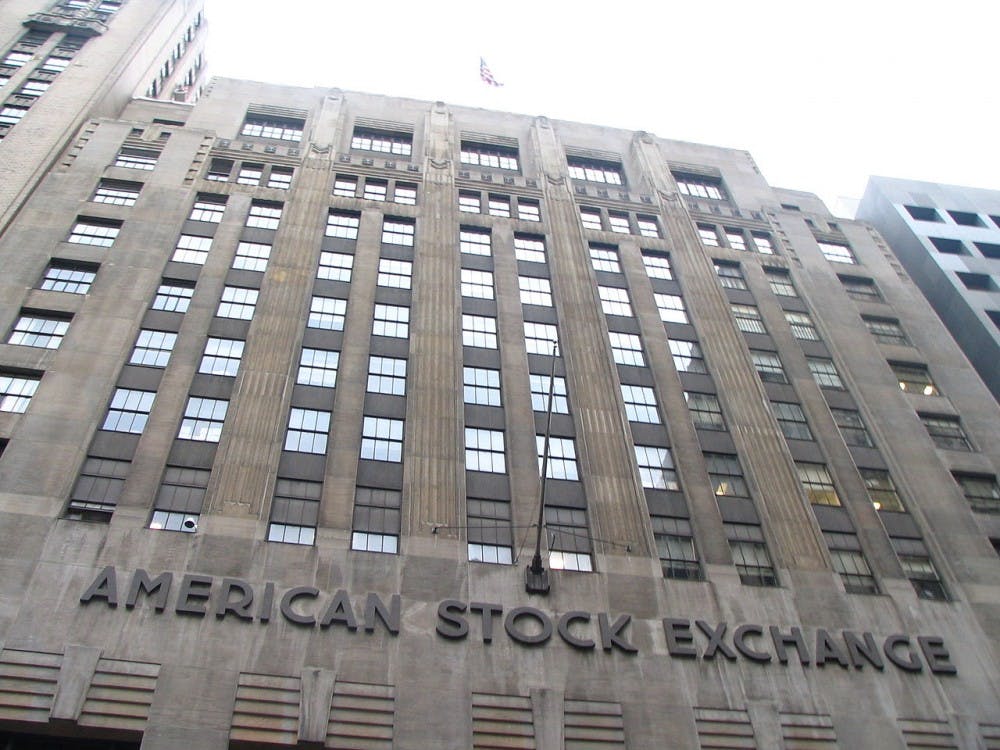The stock market appears to be stabilizing after multiple indexes plunged last night following Donald Trump’s election. The Dow Futures Price — which is the price to buy or sell a standardized value of the Dow — had fallen more than 800 points overnight, according to a report by CNBC. Standard and Poor’s 500 futures and Nasdaq 100 futures also decreased more than 5 percent last Tuesday night.
Despite these decreases, the Dow Jones industrial closed up 1.4 percent on Wednesday. Additionally, the S&P 500 closed up 1.11 percent, and the Nasdaq composite closed up 1.11 percent.
Economics Prof. Eric Young explained that the Dow Futures Price is the price that one can buy a contract that entitles one to delivery of a payment at a specified future date equaling the difference between the value of the Dow at that date and the current price.
“You can therefore view the Dow Futures Price as the best guess by the market about the value of the stock market over some horizon,” Young said in an email statement.
Young said these contracts are generally volatile for unknown reasons.
“The price has bounced back and is now above its value yesterday at 6 p.m., when it appeared clear that Hillary Clinton would win,” Young said. “The decline last night doesn’t look unusual at all, as there were a number of similar episodes over the past year.”
Young also said there is a significant amount of short-term volatility in stock markets, most of which is also largely unexplained.
“Elections are one possible source for short-term volatility, but by no means the only one,” Young said. “Here the timing seems pretty compelling, as certain key states were closer than expected at 9 p.m. when the price collapsed.”
Leora Friedberg, associate professor of Economics and Public Policy at the Batten School, also said short-term fluctuations in financial markets can largely be disregarded.
“The bigger concerns are whether long-term bond prices fall — that would indicate an increase in inflation expectations, which have been extremely low for years — and then whether hiring and investment by firms here and in the rest of the world begins to slow down because of the political uncertainty,” Friedberg said.
In some cases political uncertainty can lead to volatility in financial markets, Politics Department Chair David Leblang said. He added that market actors routinely use all available information when deciding whether to buy or sell an asset. Thus, an unexpected event, such as a political upset, can influence asset prices.
Leblang said Trump’s victory over Clinton introduced two types of uncertainty into the market.
“First, his election was not predicted. That was why the markets changed so much when he won critical states such as Florida, North Carolina, and Ohio,” Leblang said. “Second, Trump has no policy record so market actors have little information at their disposal to help them make asset allocation decisions. We don’t know how he will renegotiate terms of trade with Mexico or China. So investors and traders don’t how how to hedge their bets.”







